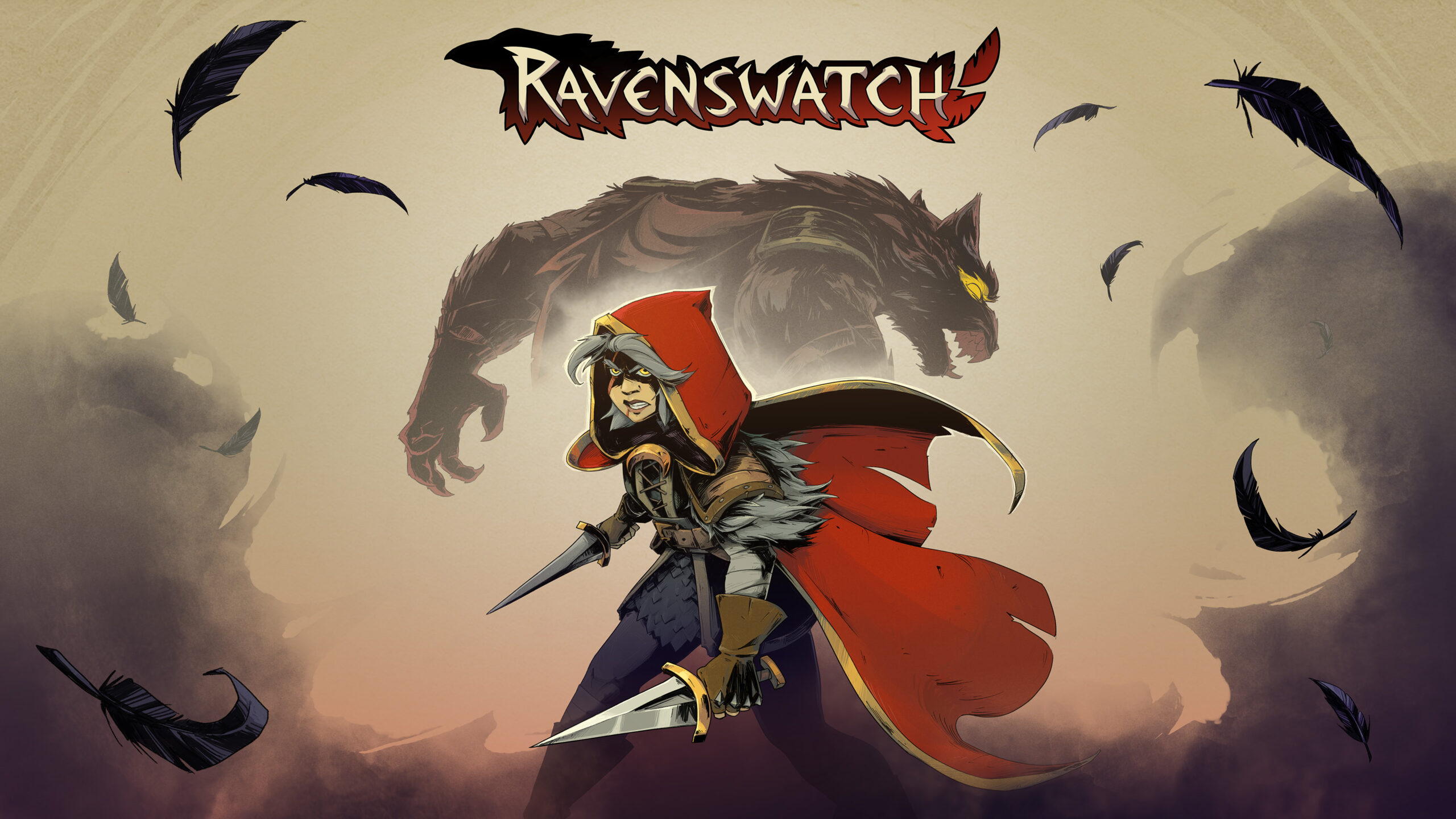
The Future of AI Companions in Video Games: From Scripted Sidekicks to Intelligent Allies
Video game companions have evolved dramatically since early examples like Alyx Vance from Half-Life 2, who was instrumental in shaping how players interact with AI in games. Though limited by scripted responses and pre-programmed actions, Alyx still managed to feel surprisingly alive, using body language, facial expressions, and reactive dialogue to enhance immersion. Fast-forward to today, and developers are exploring how AI-driven technology can push companions beyond these limitations, creating NPCs that interact with players on a more personal level and adapt based on individual play styles.
The Classic AI Companion
Traditionally, AI companions like Lydia from Skyrim or Cortana in Halo have been guided by pre-set behaviors, with every interaction scripted for specific gameplay outcomes. These companions provide players with aid in combat, lore-rich dialogue, or quest navigation, yet they operate within strict boundaries set by game developers. Even modern games like Red Dead Redemption 2 still rely on sophisticated scripting rather than "true" AI. Arthur Morgan’s horse, for instance, has nuanced, emotional responses but follows a pre-programmed set of behaviors, reinforcing the bond without dynamic learning or adaptation.
The Rise of Adaptive AI Companions
Looking to the future, companies like Inworld AI and major studios such as Square Enix and Microsoft are leveraging generative AI to develop companions that could bring a new layer of immersion to gaming. Imagine an NPC that remembers player choices, adjusts its tactics in real-time, and even adapts personality traits based on player actions. Inworld’s work with AI-powered NPCs aims to make interactions more authentic by creating characters who could recognize the player’s actions and preferences, contributing to a more dynamic storytelling experience. For instance, a companion in a fantasy RPG might not only learn a player's preferred combat style but also adjust their dialogue and reactions based on past choices, adding layers of realism and interactivity.
How AI Companions Are Being Integrated Today
A major driver behind this development is generative AI, which enables NPCs to “think” and respond with a degree of autonomy. Microsoft’s recent collaboration with Inworld AI highlights this trend, as the tech giant is exploring how adaptive AI can be embedded into Xbox titles to enhance player engagement. The technology allows for NPCs that respond contextually to player interactions, potentially creating a companion who feels more like an active participant than a tool. Similarly, Unity has introduced AI tools aimed at helping developers craft more reactive and personalized gaming experiences, which could open doors for independent studios looking to incorporate adaptive AI without extensive budgets.
Games like Rec Room are already experimenting with user-generated content facilitated by AI, allowing players to create in-game companions that can interact based on text prompts or voice commands, adjusting their behavior dynamically to match the game’s environment. Fractura, a project within Rec Room, even lets users customize AI-driven NPCs, pointing towards a future where games could allow players to tailor companion personalities, skill sets, and interactions to suit individual play styles.
Challenges and the Road Ahead
While the potential of adaptive AI in gaming is vast, it’s not without its hurdles. Technical limitations, ethical concerns, and data privacy remain significant challenges. For instance, generative AI’s need for continuous data could raise concerns about user privacy, especially if NPCs are designed to remember player actions and preferences over time. Moreover, maintaining the balance between believable AI behaviors and ethical design practices is complex, as seen in projects that require real-time processing of vast player data to create dynamic responses.
In terms of gameplay, there’s also a question of how far AI companions should go. Should they simply support the player’s journey, or could they take on a role that actively challenges the player’s decisions, adding to the game’s narrative complexity? Some studios, like NetEase, have started experimenting by adding AI-driven companions post-launch, finding that AI NPCs can be integrated without disrupting existing gameplay or requiring significant structural changes.
What’s Next for AI Companions?
The future holds promising possibilities: adaptive AI companions could one day be as unique as the players they accompany. They might have memories, distinct personalities, and evolving story arcs influenced by individual player actions. As companies like Square Enix, Microsoft, and various indie developers continue to integrate AI capabilities into games, we’re likely to see NPCs that remember more than just scripted lines—they could retain memories, grow alongside the player, and even engage in meaningful relationships that shift the game’s narrative in unexpected ways.
With the rapid development of AI in gaming, future NPCs could soon offer an emotional depth and narrative adaptability that traditional game companions lack. Rather than remaining passive sidekicks, AI-powered companions could become true partners in adventure, fundamentally reshaping the way players experience virtual worlds. As these technologies mature, they may redefine what it means to have a "companion" in a game, making interactions richer, more unpredictable, and deeply personal.









.png?width=1200&height=1200&fit=bounds&quality=70&format=jpg&auto=webp)

